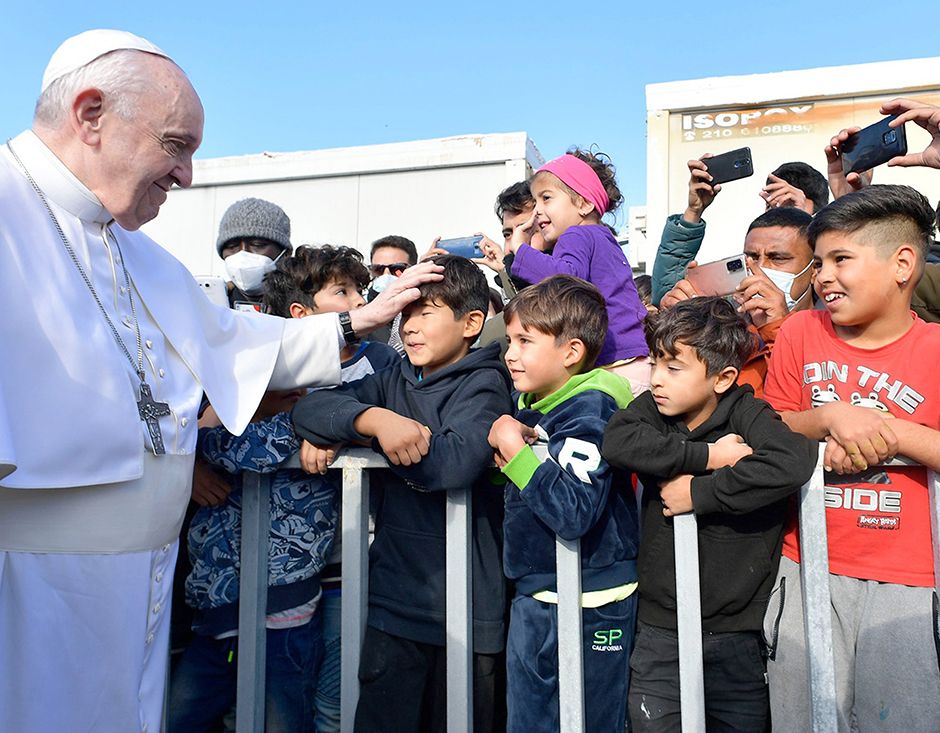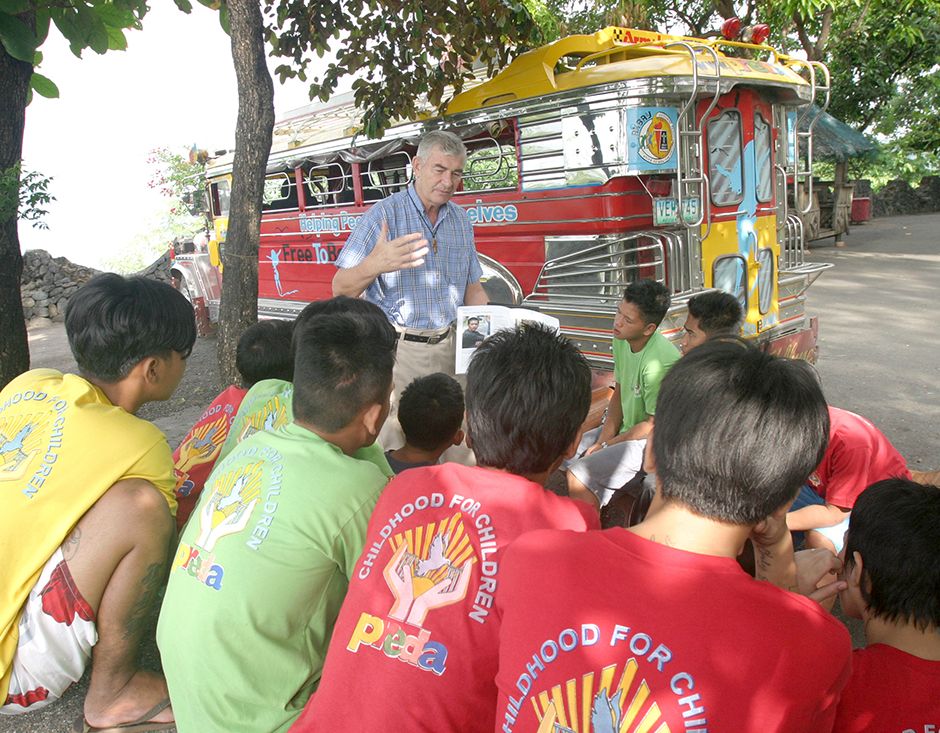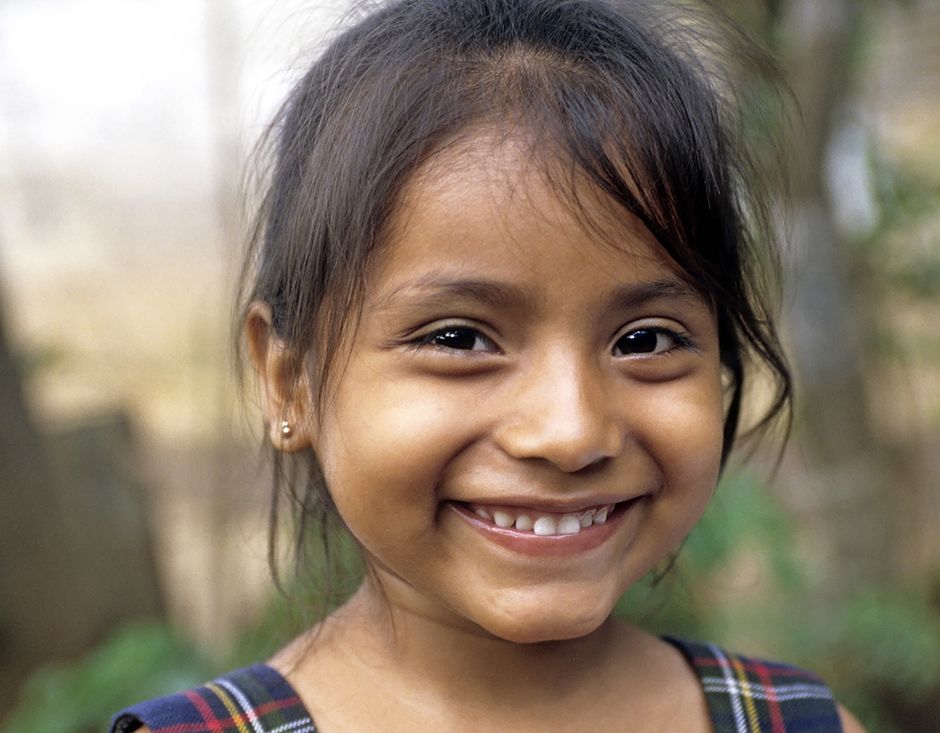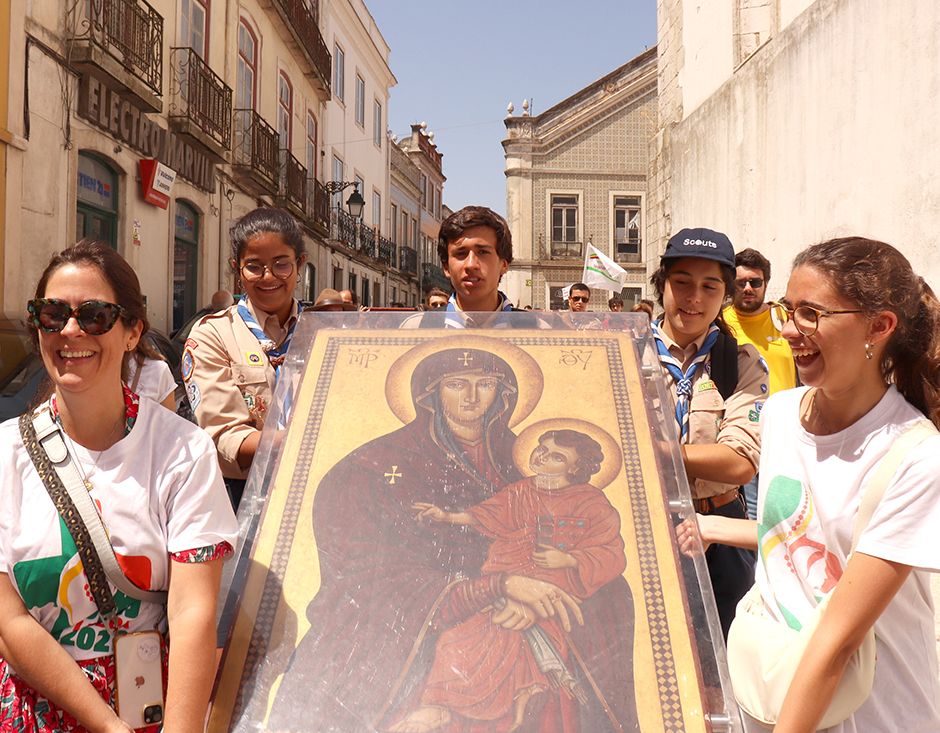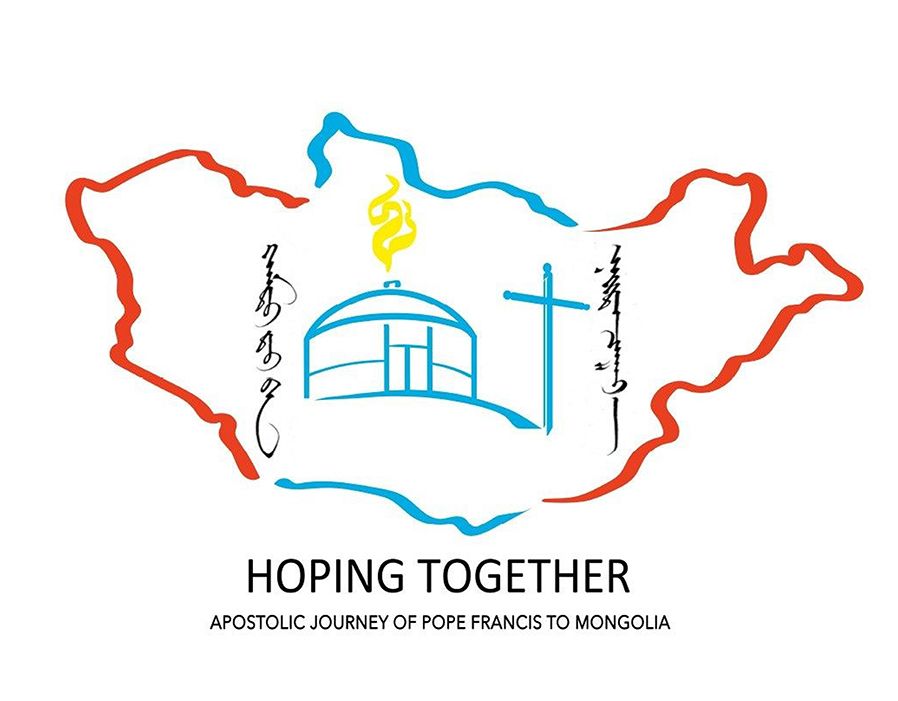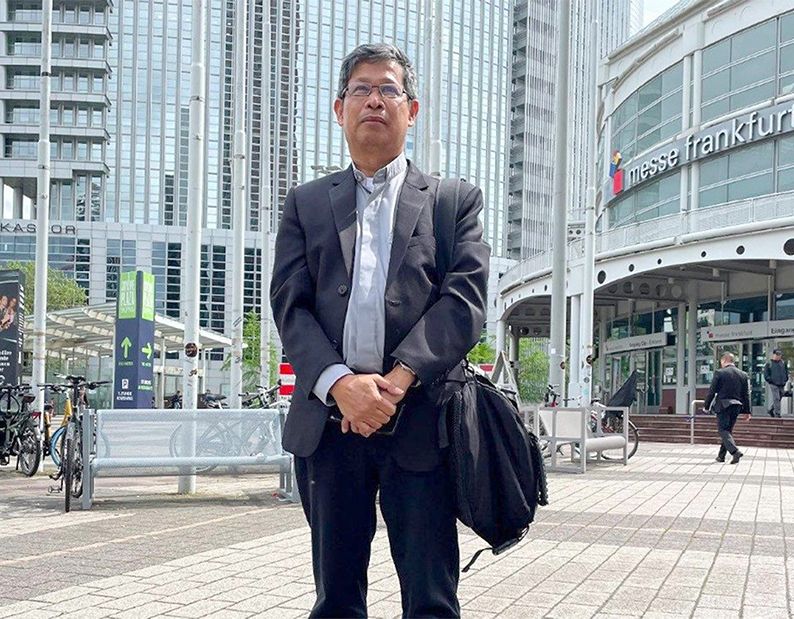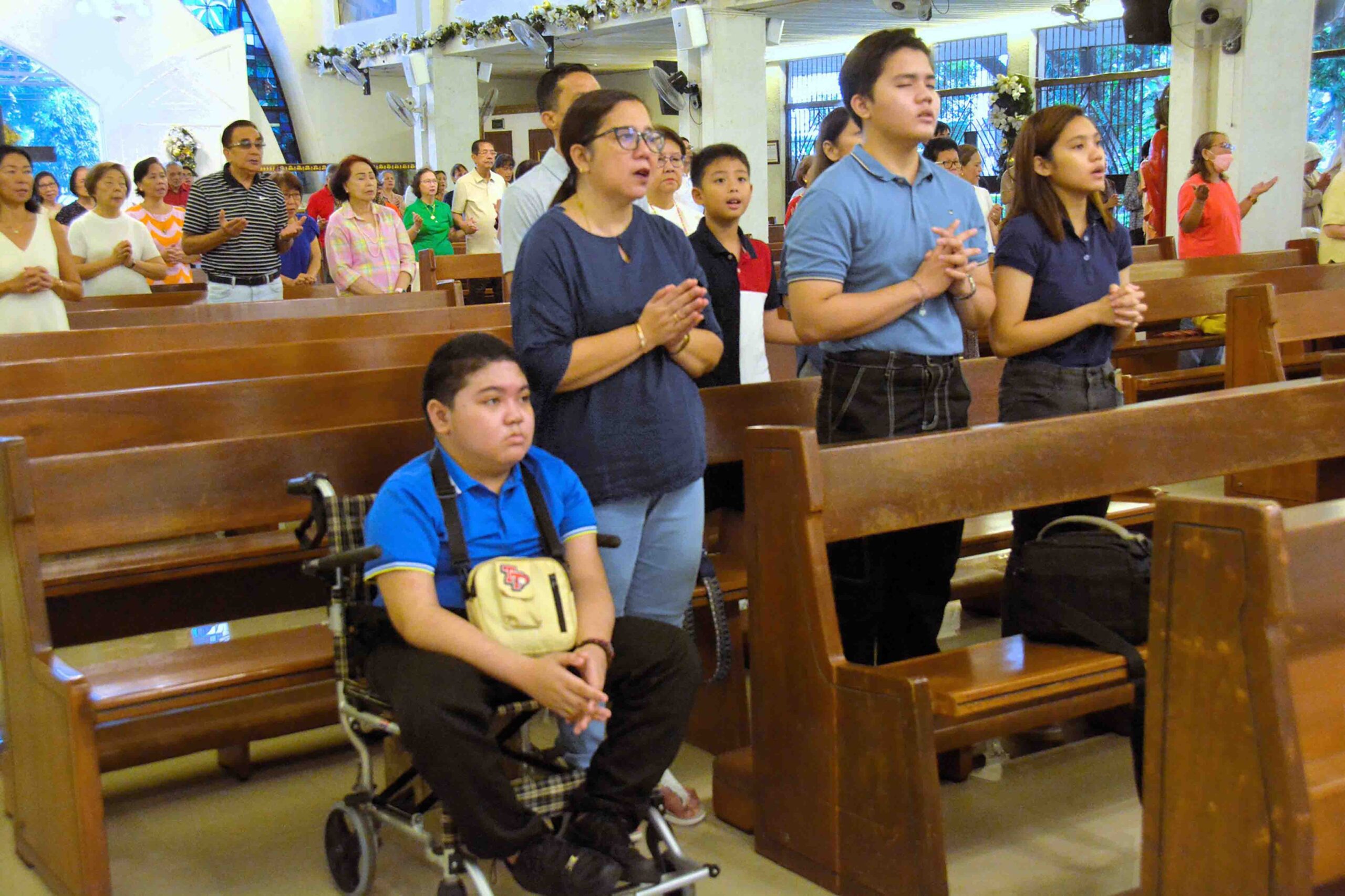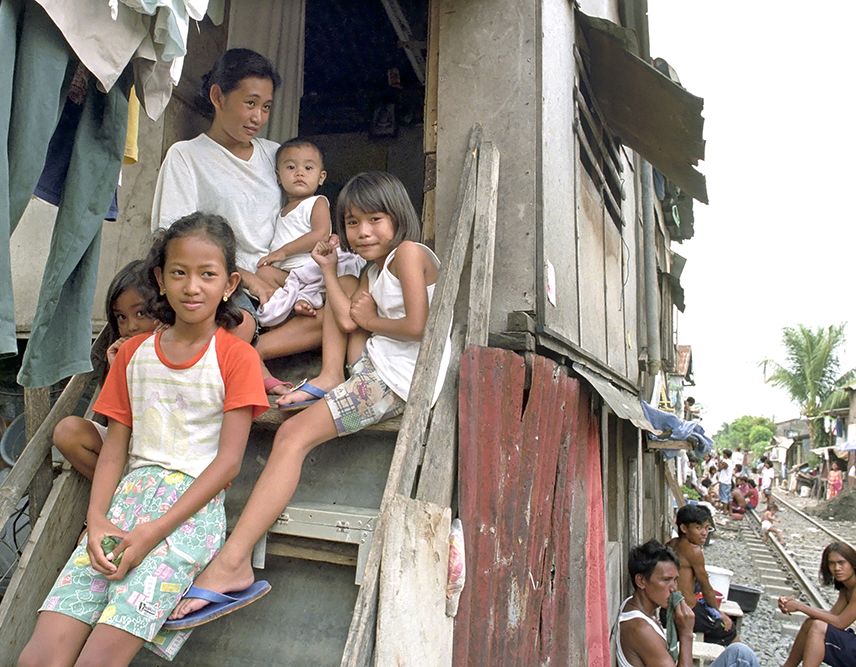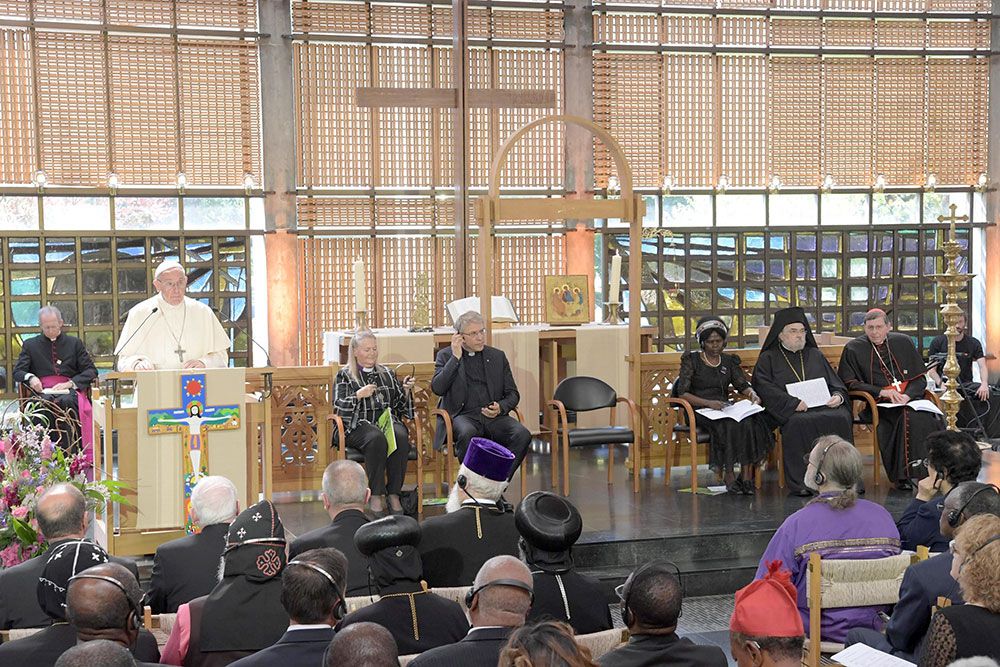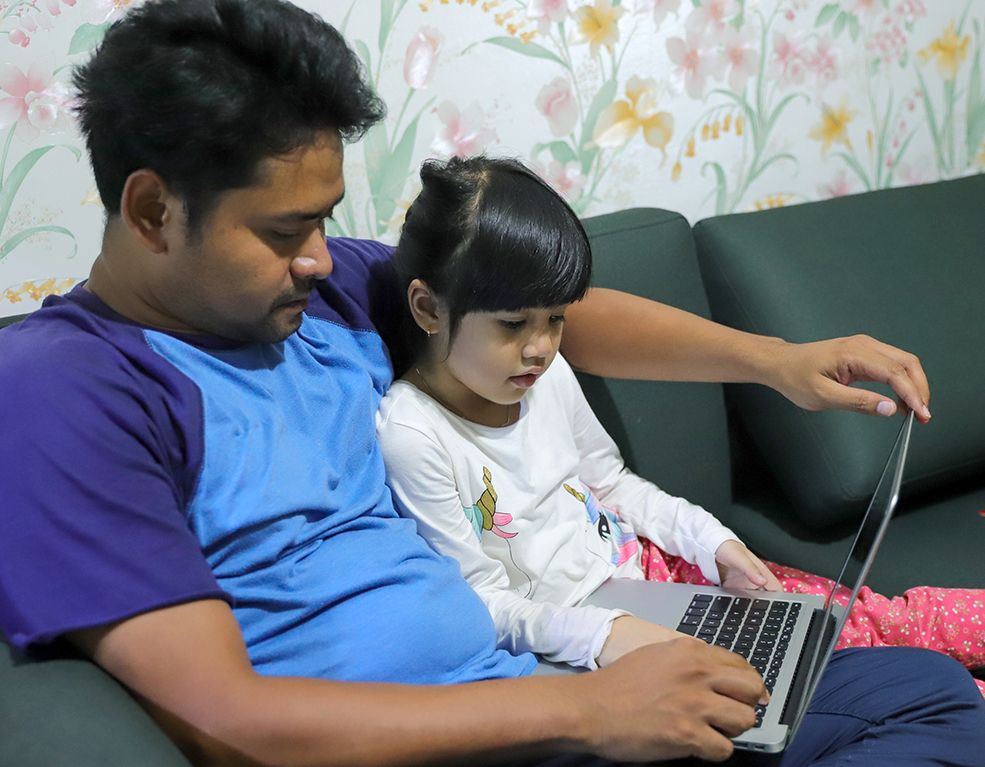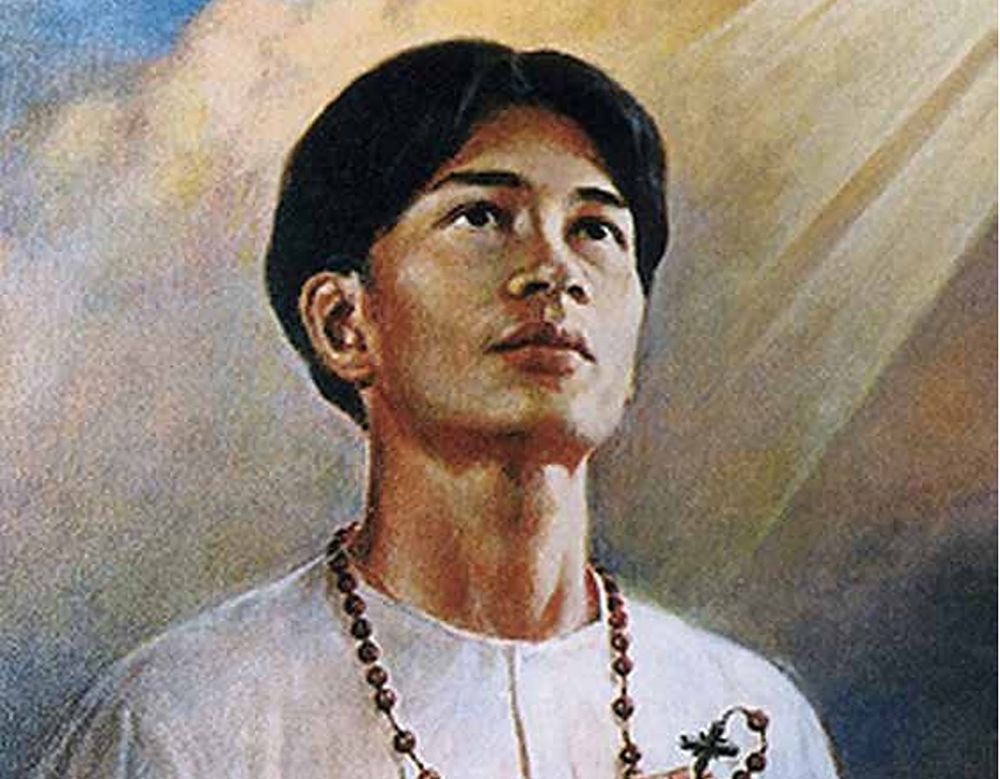In order to offer a broad yet brief and partial look at the issue of the different forms of violence against minors in the world, one can refer to the 2017 UNICEF report, A Familiar Face: Violence in the Lives of Children and Adolescents. It deals with four specific forms of violence: violent discipline and exposure to domestic violence in early childhood; violence at school; violent deaths among adolescents; and sexual violence in childhood and adolescence.
As expressed in the title of the report itself, most of the experiences of violence endured by children take place in their ordinary living environment and are perpetrated by the people who are close to them or by family members.
We selected only several observations from this report. For example, three quarters of children aged two to four are regularly subjected to violent discipline by their parents or other caregivers at home; moreover, one in four children under the age of five lives with a mother who has been a victim of intimate partner violence.
SEXUAL VIOLENCE
Regarding sexual violence, close relationships are at a greater risk: nine in ten girls who have reported forced sex say it occurred for the first time at the hands of someone close or known to them (with current or former boyfriends, partners, or members of the family) and during adolescence; but only one percent of them sought professional help!
The situation of boys is similar, even if their number is much lower than that of girls. Let us quote a passage from the report: “There is often a perception that sexual violence is a relatively rare occurrence, and when most people think about this type of violence, they envision rape by a stranger. However, available data reveals that children in many places are at greatest risk of exposure to sexual violence within the context of close relationships such as those with family, friends, and intimate partners.”
As for sexual abuse, we cannot forget the scourge of sex tourism. The World Tourism Organization estimates that every year in the world, three million people travel in order to have intercourse with children in a foreign country. Among the most popular destinations are Brazil, the Dominican Republic, and Colombia in Latin America; and Thailand and Cambodia in Asia. The main countries of origin seem to be France, Germany, United Kingdom, China, Japan, and Italy. Ten percent of sex tourists are women, and this number is growing.
These figures as a whole are certainly shocking, and it is comprehensible how the international community’s commitment to ending violence against children requires the participation of many international, governmental, and nongovernmental organizations and institutions, with strategies that are implemented in many areas entailing legal, social, educational, and economic actions.
Fortunately, there is no shortage of ideas, energy, and inspiration. For example, under the leadership of the World Health Organization, ten major international agencies, including UNICEF, have created the project: “Seven Strategies for Ending Violence against Children.” There is also a vast galaxy of large and small NGOs spread throughout the world that operate for the benefit of children. The Catholic Church, with its educational, charitable, and health activities, is deeply committed in this priority area of integral human development.
CHILD PROTECTION
One might wonder if and how what we have written up to now on child protection against any form of violence and abuse is connected with a more specific issue, which these days is a sensitive topic; that is, of child sexual abuse by members of the clergy and persons with responsibilities within institutions of the Catholic Church. The answer is yes; but it must be thoroughly understood in order to avoid any misunderstanding that suggests wanting to avoid getting to the heart of the problem as a whole.
For any person of good will, all children in the world are very important and deserve protection. For a believer, they are also an image of God; and for a Christian, they are the object of Jesus Christ’s privileged love. The abuse of even one child is a serious issue and must be met by indignation.
Among the issues of lack of respect for children, sexual abuse is a widely spread aspect and it is certainly one of those (or perhaps “the one”?) which hurts and damages their dignity and the development of their personality more deeply. It affects one’s intimate sphere; it disturbs and upsets the balanced and serene development which every child has the right to.
The Catholic Church has had a great and beautiful tradition in the area of children’s care and education, especially in difficult and poor environments. The commitment to children and youth, in schools of all levels, in which countless female religious and educators, religious men and priests invested their best efforts, has always been a valuable service for human society, not only for the Catholic Church but also for all the peoples where believers went to bear witness to faith.
Many saints and educators have set a bright and lasting example. How can we imagine leaving this path, thus falling down? As “children” of St. Ignatius Loyola and St. Don Bosco, as successors of pastors of souls whose virtues and dedication were heroic, how do we preserve their heritage? How do we continue to make it bear fruit for the benefit of children, young boys and girls all over the world?
The world changes and the possibilities of performing good and evil actions grow dramatically for all of us. In particular, hundreds of millions of children find themselves immersed in the swirling–and risky– currents of the developing digital world without adequate support.
A great expert of these problems, Michael Seto, describes this situation effectively: “We are in the midst of the greatest social experiment without rules in history.” What will happen to these new generations, so dear to us?
Believers, especially faith educators, think that they have to enter into the depths of each soul and heart in order to help people find the meaning of their life, the keys to the joy in life, and their meeting with God. How is it possible to achieve this without the greatest and purest respect for the dignity and beauty of God’s creatures, their rich feelings and their intense emotions, which find in sexuality one of their most effective dimensions?
So how should we be, in order to help children grow? How do we have to struggle, in order to be the first ones to be free from violence, the uncontrolled passion of possession and sexual satisfaction, the invading corruption of pornography and any other form of lack of respect for the dignity of the person?
RESTORE THE CHURCH’S CREDIBILITY
Today, it is important to restore the credibility of the Church community as an educator, an authoritative and reliable guide and companion of the growth of human persons created and loved by God. This credibility needs to be restored not only at the level of external “acceptability,” but also at the far more radical one of the inner passion for the service of the other, the discernment of the roots of evil in order to effectively combat and extirpate these roots.
Above all, this is true for those who bear greater religious and moral responsibilities so that they may become worthy servants of others. Ultimately, this is the issue debated in the current fight against abuse. In this way the Catholic Church will be able to resume its task with confidence, its mission of serving humanity in our time.
Allow me to conclude with the words of Pope Francis: “As all of us know, in recent years the Church has come to acknowledge her own failures in providing for the protection of children: extremely grave facts have come to light, for which we have to accept our responsibility before God, before the victims and before public opinion. For this very reason, as a result of these painful experiences and the skills gained in the process of conversion and purification, the Church today feels especially bound to work strenuously and with foresight for the protection of minors and their dignity, not only within her own ranks, but also in society as a whole and throughout the world. She does not attempt to do this alone–for that is clearly not enough–but by offering her own effective and ready cooperation to all those individuals and groups in society that are committed to the same end. In this sense, the Church adheres to the goal of putting an end to ‘the abuse, exploitation, trafficking and all forms of violence against and torture of children’ set by the United Nations in the 2030 Agenda for Sustainable Development (Target 16.2).” Published in La Civiltà Cattolica

